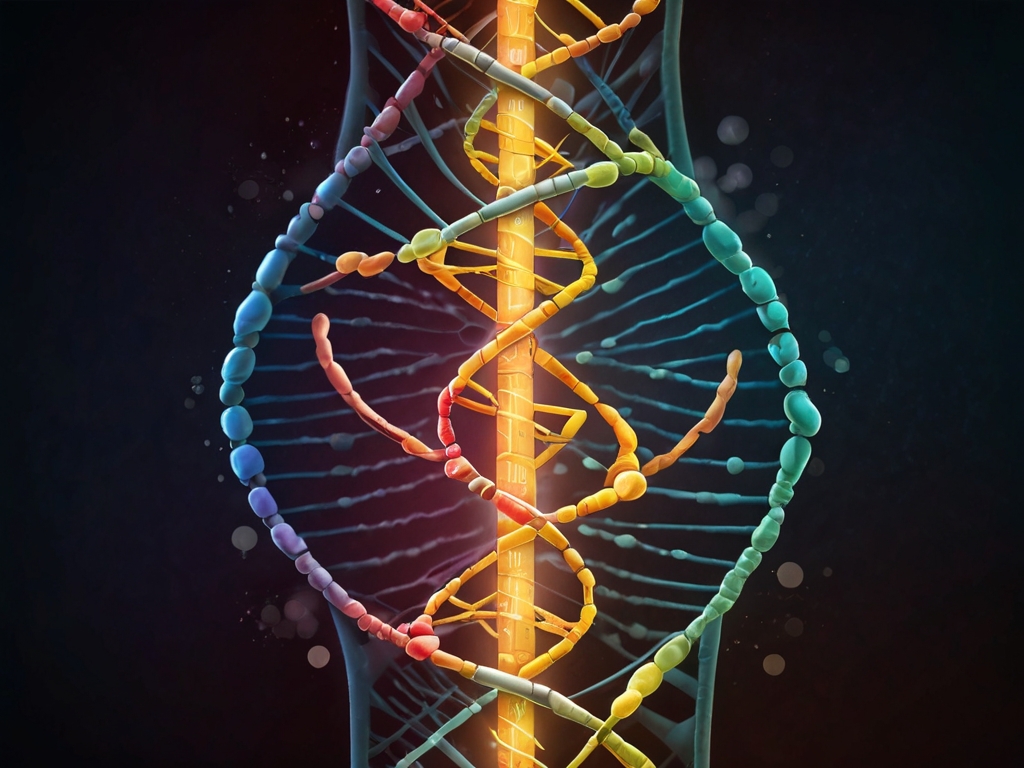
Human longevity has long fascinated scientists, with the average life expectancy steadily increasing over centuries. While environmental and lifestyle factors play significant roles, genetics also contribute notably to lifespan variability among individuals. In a groundbreaking study published in Nature Communications, researchers Joris Deelen and colleagues have provided new insights into the genetic underpinnings of longevity through a comprehensive meta-analysis of genome-wide association studies (GWAS).
Understanding Longevity and Its Heritability
Longevity, defined as the ability to live to an exceptionally old age, is a complex trait influenced by numerous factors, including genetic predisposition. Previous studies have estimated the heritability of human lifespan to be approximately 25%, although this figure can vary. This heritability reflects the proportion of lifespan variation attributable to genetic differences among individuals.
Study Design and Methodology
Deelen and his team conducted two meta-analyses of GWAS to identify genetic variants associated with exceptional longevity. They employed a rigorous phenotype definition, focusing on individuals who survived to or beyond the 90th and 99th percentiles of their cohort’s lifespan distribution. The study included over 13,000 individuals of diverse ancestries, including European, East Asian, and African American descent.
Two sets of cases were analyzed:
- 90th Percentile Cases: Individuals surviving at or beyond the age corresponding to the 90th survival percentile.
- 99th Percentile Cases: Individuals surviving at or beyond the age corresponding to the 99th survival percentile.
Controls were individuals whose age at death or last contact was at or below the 60th survival percentile.
Key Genetic Findings
Apolipoprotein E (ApoE) Locus
Consistent with prior research, variants at the ApoE locus showed strong associations with longevity:
- rs429358 (ApoE ε4): Associated with lower odds of surviving to both the 90th and 99th percentiles. The ε4 variant is known for its association with increased risk of Alzheimer’s disease and cardiovascular diseases, which may contribute to reduced longevity.
- rs7412 (ApoE ε2): Associated with higher odds of surviving to the 90th and 99th percentiles. The ε2 variant has been linked to protective effects against certain age-related diseases.
GPR78 Locus
The study identified a significant association near the GPR78 gene:
- rs7676745: This variant on chromosome 4 was associated with lower odds of surviving to the 90th percentile. The exact role of GPR78 in longevity is unclear, but it may be involved in physiological processes related to aging.
Gene-Level Associations
Using gene-level association analysis, the researchers identified additional genes implicated in longevity:
- KANSL1, CRHR1, ARL17A, and LRRC37A2: Increased expression of these genes was associated with higher odds of surviving to advanced ages.
- ANKRD31 and BLOC1S1: Decreased expression of these genes was linked to increased longevity.
These findings suggest that tissue-specific expression of multiple genes contributes to the genetic architecture of longevity.
Genetic Correlations with Disease Traits
The study also explored the genetic correlations between longevity and various diseases:
- Coronary Artery Disease (CAD): A significant negative genetic correlation, suggesting that genetic factors contributing to longevity may also protect against CAD.
- Type 2 Diabetes (T2D): Significant negative genetic correlations with T2D-related traits, indicating shared genetic factors that influence both longevity and reduced risk for T2D.
Implications and Future Directions
This comprehensive meta-analysis highlights the complexity of the genetic factors underlying human longevity. The strong associations with ApoE variants reinforce the importance of lipid metabolism and neurodegenerative disease pathways in aging. The discovery of new loci near GPR78 and other genes opens new avenues for understanding the molecular mechanisms that contribute to exceptional longevity.
The researchers acknowledge that enhancing the precision of phenotype definitions and incorporating diverse populations are crucial for future studies. As the field advances, integrating genetic data with lifestyle and environmental factors will be essential to develop holistic models of aging and longevity.
Conclusion
The study by Deelen et al. represents a significant step forward in identifying genetic variants associated with human longevity. While challenges remain in translating these findings into interventions, the insights gained offer hope for better understanding and potentially extending healthy human lifespan in the future.
Based on the research paper titled “A meta-analysis of genome-wide association studies identifies multiple longevity genes” by Joris Deelen et al.




